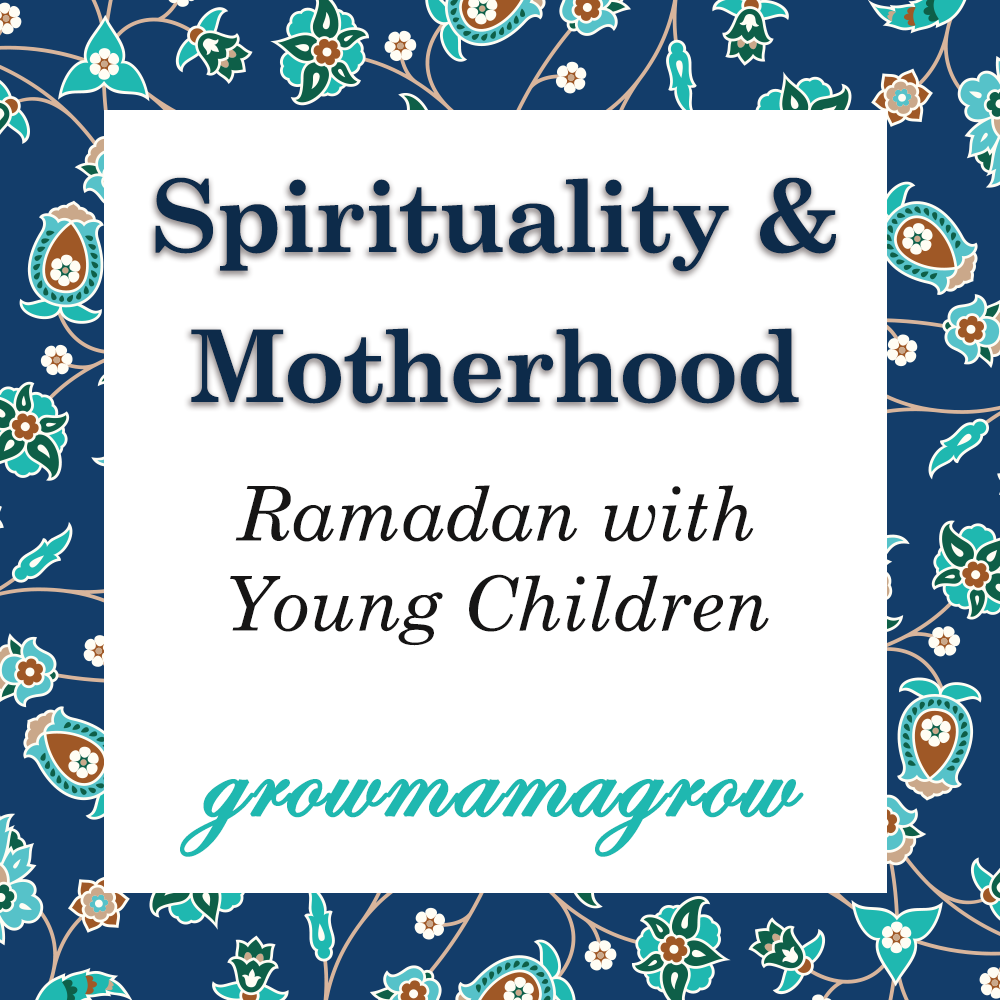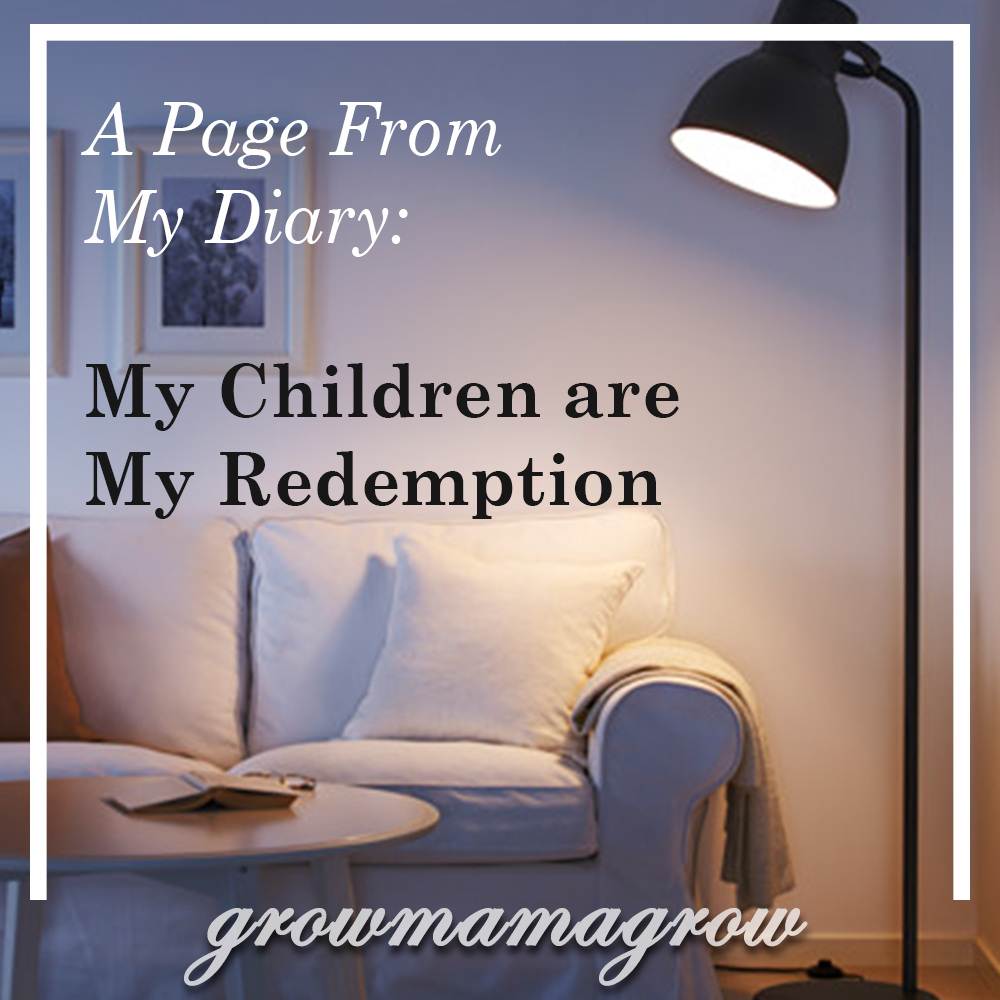 Cleaning out my closet, I reach up to the top shelf and my hand hits a bag. I pull the bag down and reach in to see what’s inside and pull out a periwinkle-colored scarf. I hold the scarf in my hand and stare at it with a small smile. Whisper-thin, light as air, yet within the folds of that scarf there is a story, and within that story is a life.
Cleaning out my closet, I reach up to the top shelf and my hand hits a bag. I pull the bag down and reach in to see what’s inside and pull out a periwinkle-colored scarf. I hold the scarf in my hand and stare at it with a small smile. Whisper-thin, light as air, yet within the folds of that scarf there is a story, and within that story is a life.
2003. My wedding day is fast approaching. After several months of looking and trying on and being dissatisfied, I find the perfect wedding outfit: a long periwinkle skirt with a chiffon overlay and tiny beads and sequins sewn on in interconnecting waves, with a matching blouse and sheer shawl that matches the skirt. Perfect. Even I am not immune to the desire to look like Cinderella on my wedding day.
But it’s missing one thing, one very important thing—a scarf. I search for weeks for a matching scarf but find nothing. I sadly accept that I will just have to wear a white scarf.
Days later I walk into the teacher’s lounge, my head bent down as I flip through my lesson plan book and mentally prepare for a day of teaching eager 1st and 2nd graders, and out of the corner of my eye I catch a flash of a familiar shade of bluish purple.
A scarf. A periwinkle scarf that I know is the exact shade of periwinkle as my wedding outfit.
“Ms. Eman!” I shriek, before I can stop myself. It’s Ms. Eman, the Arabic teacher, and also the mother of one of my 1st graders. I quickly correct myself and give her a proper salaams. I tell her about the scarf and my wedding dress and she laughs. I ask her where she got her scarf and she shrugs, “Palestine probably.” Palestine. Of course. One scarf among many picked up on a trip home to her home country. I sigh and head to my classroom.
The next day I step into the school building and find Ms. Eman standing outside the teacher’s lounge holding a small gift bag. “For you, Ms. Ambata,” she says in her husky voice. I peek inside and there is the periwinkle scarf. I immediately think she is loaning it to me, and as if reading my mind she says, “For you to keep. I don’t want it back.” I want to protest but I know it would be pointless. The American in me wants to hug her and thank her profusely but I know that would only embarrass her. I say thank you and she waves her hand dismissively. Khulas, it’s done, don’t make a big deal out of it.
I wear the scarf on my wedding day. Everything matches perfectly and I feel like a princess for a few hours. Later I tuck the scarf in with my wedding clothes and put it all in the back of my closet.
Two years later. A school day. I head to the lounge to grab my lunch. I step into the room to find the teachers huddled together, crying. The principal pulls me aside and tells me Ms. Eman is dead. Stabbed to death by an intruder in her home. I stand there, stunned, unable to process what he’s just told me. I feel oddly detached from the scene around me. I step out of the room without my lunch and head back to my classroom. Without turning on the lights, I sit at my desk and stare off into space. Only later, when the reality of what has happened hits me, will I cry for a life lost.
Her murder is only a blip on the local evening news. Pregnant woman found dead in her home from multiple stab wounds. No suspects. Soon she is forgotten. But we don’t forget. We remember her; as a teacher, a colleague, a mother, a wife, a friend. We remember.
I hold the scarf in my hands and look at it. I think of Ms. Eman and I pray that her soul is resting peacefully. I think of her son, growing up without his mother. And I think of the little life inside her that never breathed air. I touch the fabric with my palm and feel its softness. A scarf that weighs practically nothing, yet it grows heavy with memories of a life.
Ambata Kazi-Nance
Ambata Kazi-Nance is a freelance writer and full-time mother. She lives in her hometown of New Orleans with her husband and son. Ms. Kazi-Nance is a candidate for the Master’s degree in English from the University of New Orleans and is an aspiring fiction writer. She blogs occasionally at MORmama.wordpress.com.











